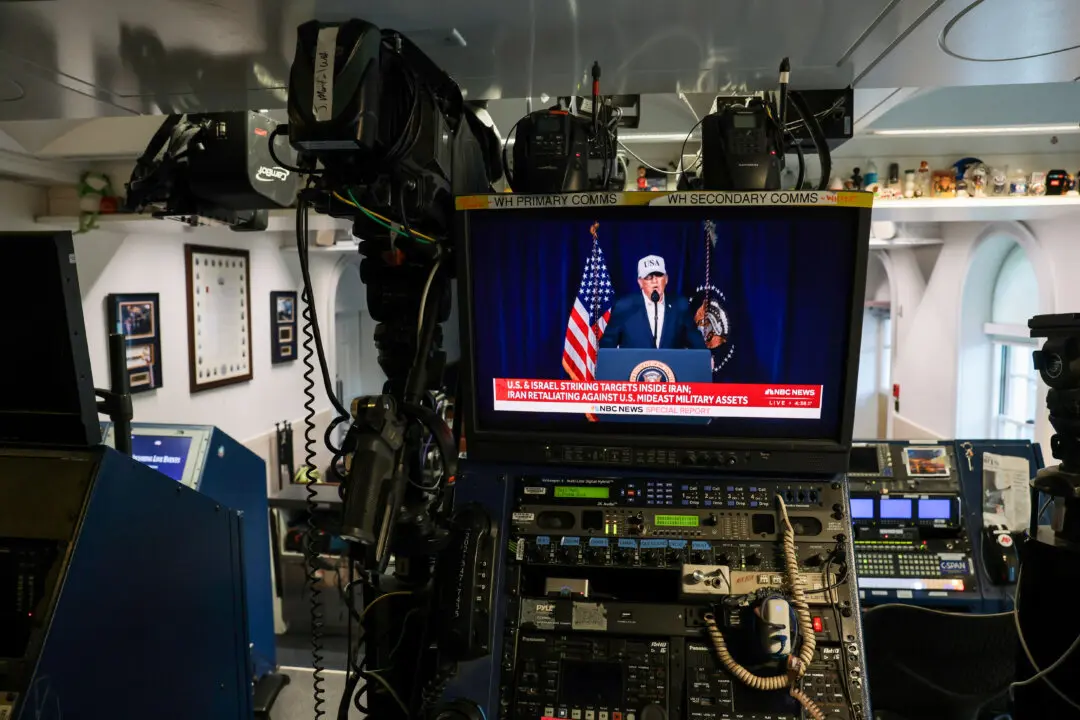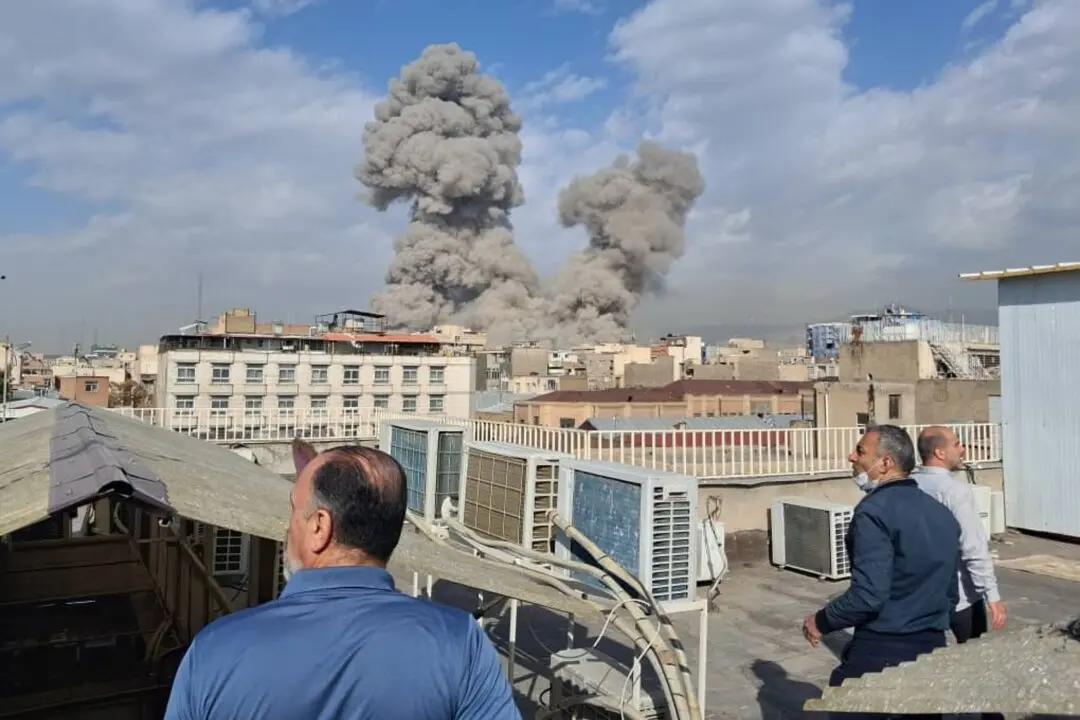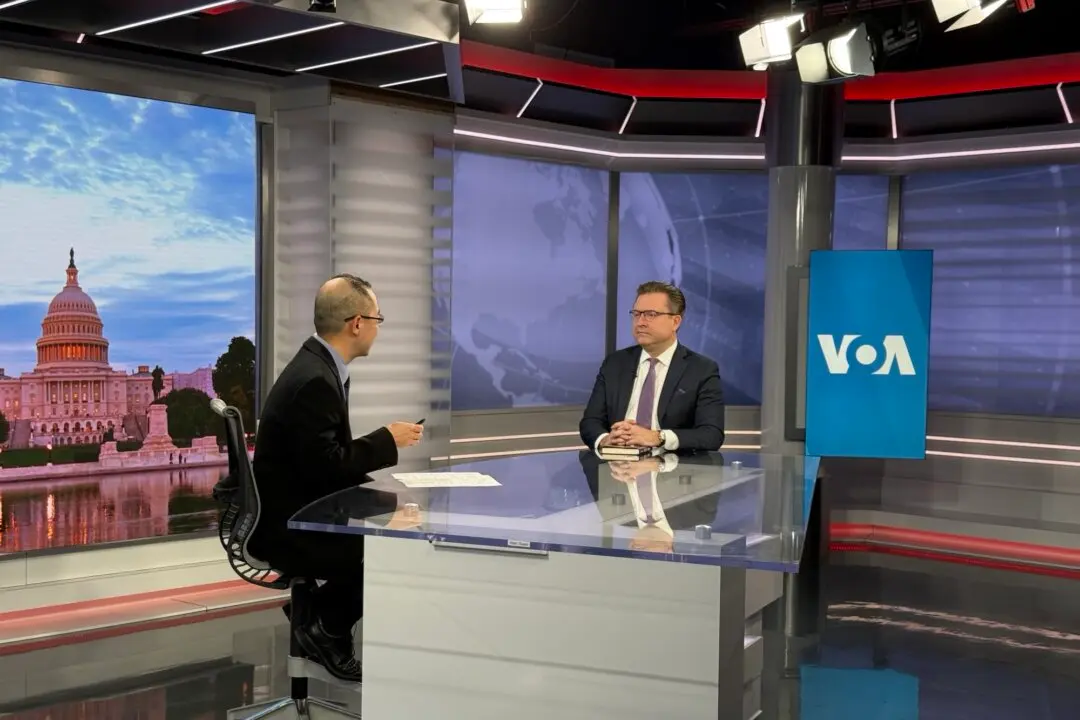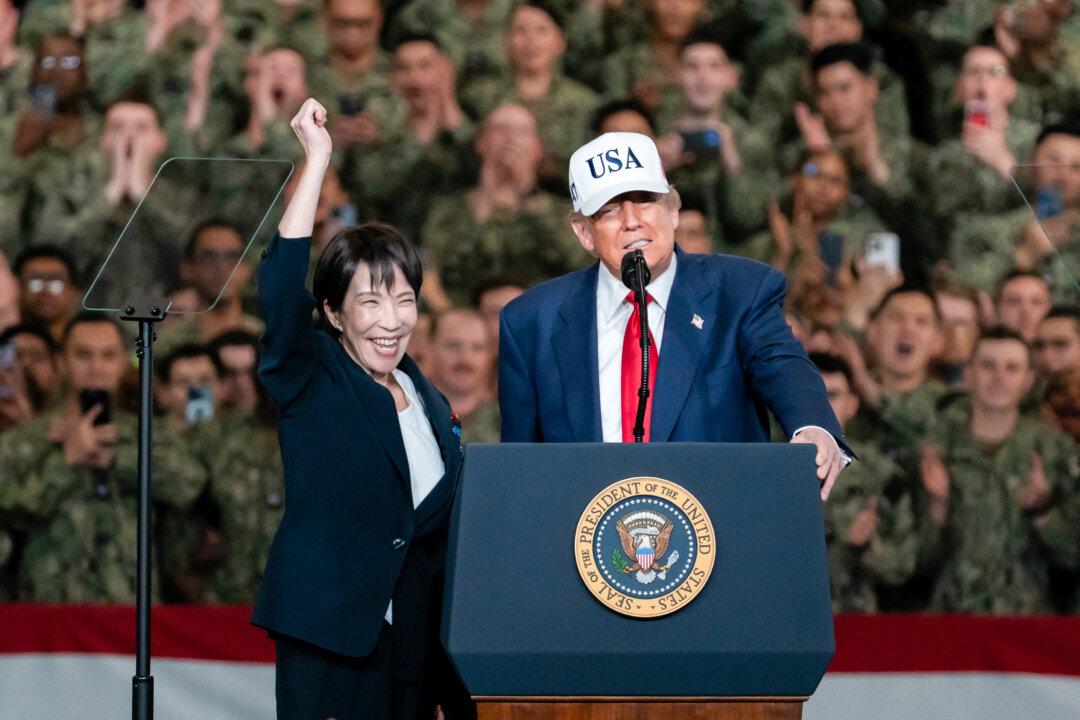When Elizabeth Rogliani opened a TikTok account to share her thoughts on recent protests and the toppling of statues, she thought of it as a blank slate, somewhere to air her thoughts without offending or getting into a debate with sensitive moderate-liberal friends who'd taken issue with her posts on other social media. She talked about how what was happening across the United States was an eerie mirror image of what had taken place back in Venezuela, and then one of her videos went viral.
What was happening outside in real time was what she'd seen back home. Statues of Christopher Columbus came down, street names were changed, and the removal of other figures of Western civilization followed. As she thought about it, there were other ongoing similarities, from left-leaning demonstrators being used as political pawns, to a growing welfare state that caused quality of life to deteriorate. And when she pointed this out, it struck a chord with people who had also seen their home countries crumble under the weight of socialist politics.






